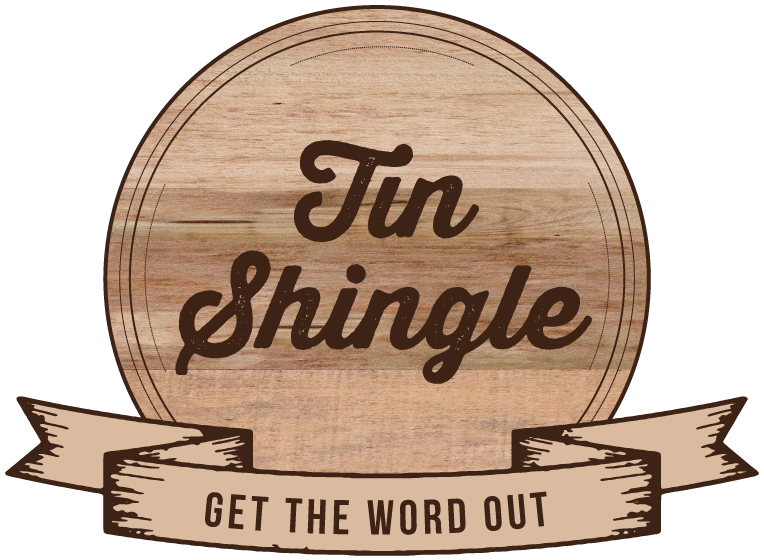October starts and it’s always Breast Cancer Awareness Month. Since 3-6 months ago, Tin Shingle has been encouraging our membership and readership to pitch the media accordingly. With “pink this” and “gift guide” that. But we know the reality is that it’s Breast Cancer Awareness Month every day of the year. It’s lot of cancer awareness month every day of the year, including ovarian cancer, colon cancer, etc.
“I like the idea of this month, but it can also feel like trash. ”
This is why we found it so refreshing and grounding when our friend and curator Jill Hilbrenner of Witch Hazel in Beacon, NY came out with her breast cancer story, and how she was not amused by the pink.
Jill explained this in her own words in a series of Instagram Stories, which Tin Shingle captured and published below.
“Hello, Good Morning, buckle in for some unsolicited thoughts on Breast Cancer Awareness Month…
“This is where pink razors (etc.) come in. When I see themed or glittery products, I want to collect them and smash them with that thing that smashed cars in Breaking Bad.”
“I like the idea of this month, but it can also feel like trash.
“Back in 2019, I was diagnosed with (and went through treatment for early-stage BC. I had zero symptoms, but just happened to have good insurance that let me get screenings before the typical mammogram age.
“I’m good now, thank God. But once you know your body can do this, you can never NOT know what it feels like to feel like your body’s revolting. And, therefore, there’s always some anxiety that can pop up whenever. Thanks, therapy!
“This is where pink razors (etc.) come in. When I see themed or glittery products, I want to collect them and smash them with that thing that smashed cars in Breaking Bad.
“Going through treatment, I wanted zero to do with a pink razor. You know why? You can’t even shave your skin during radiation because it’s too damaged. Like what?”
“Ya wanna think that the intentions behind those initiatives are good (cough, greed, cough, show me your financials) but going through treatment, I wanted zero to do with a pink razor.
“You know why? You can’t even shave your skin during radiation because it’s too damaged. Like what?
“This novel popped off because I read an email from Violets Are Blue Skincare and I was basically nodding my head throughout.
“They’re actually founded by a BC survivor, and they consistently give money, resources, and products to people going through treatment.
“That is actual commitment vs. 31-day marketing.
“I’ll also suggest:
Don’t be afraid to talk to people going through it. I had close friends totally ghost me, then reappear conveniently when my treatment was over to “catch up because it’s been so long!” Being uncomfortable is normal, but don’t disappear.
Saying “the wrong thing” is better than saying nothing. Your loved one will tell you (or be silent) if they don’t want to talk about it. But I remember everyone who checked in.
A good text formula is like this: “Hey, I know things are really tough, and I can’t imagine how that feels. If there’s anything specific you need (insert some ideas here), I’m here. No need to respond, but I’m thinking about you.” This shows genuine concern but leaves control of the conversation to your loved one.
“In summary because God knows you have better things to do than listen to me all day:
Research if companies are actually contributing or just doing a pink-glitter cash grab. (not trying to say all initiatives are bad!)
Get a mammogram and go to your annual doctor visits. (And don’t feel afraid to fight insurance if they say a necessary screening is too expensive. Sometimes your doctor’s office will help you or take it on entirely.)
Consider what you can do on a personal level. Remember that this month is difficult for some people. Give or volunteer locally, and nurture personal relationships even if it means temporarily making yourself uncomfortable.
“Ok, excuse me because I forgot one thing. If you reach out to someone, please don’t say: “You’ve got this!”
“I hated when people said that. Factually, there’s no way to know if it’s true. For me personally, it also felt like forceful positivity that didn’t acknowledge the big-ness of the situation. Basically hearing “you go, girl!” when it’s like, “hi, I’m sick.”
“(I understand the intentions are positive and it’s not like someone is going to lose your number for saying that. But many people don’t like that phrase.)”

